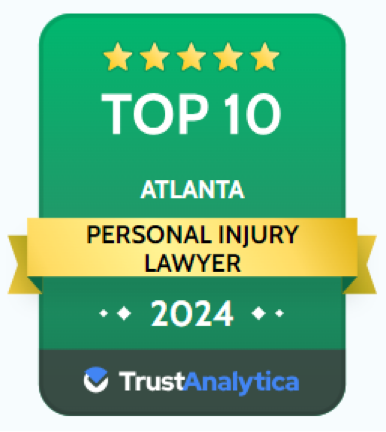All information provided about the law is very general in nature and should not be relied upon as legal advice. Every situation is different and should be analyzed by a lawyer who can provide individualized advice based on the facts involved in your unique situation, and a consideration of all of the nuances of the statutes and case law that apply at the time.
What are Social Security Disability credits?
The Social Security Administration (SSA), a federal agency, may pay monthly benefits to a person who satisfies certain criteria under the benefits plan known as Social Security Disability Insurance. This benefit is commonly referred to as SSDI.
To become eligible for SSDI benefits, a person must qualify by working long enough in a job to accumulate credits. Credits are accumulated by working at a job that withdraws social security tax from your paycheck. You may still qualify for benefits if you are self-employed and pay the social security tax on your own.
Under the current system, every employee can earn as many as four credits per year toward social security. Many people still refer to social security eligibility as “”quarters”” because of quarterly reporting requirements that were once used by the Agency. Notwithstanding, since 1978, SSA has analyzed eligibility based upon full year rather than quarterly. For ease of transition, the SSA uses a system based upon allowing workers to earn four credits per year instead of four quarters per year.
Not every person who needs SSDI benefits fits into this structure. The SSA has established alternative rules for certain workers who hold jobs that do not pay into the system yet may need the benefits at some point in time during their lives. The SSA special rules govern the minimum eligibility requirements of some military members, farm workers, domestic workers, and members of the clergy or members of a religious organization who are exempt from tax withholdings.
Conversely, not every job pays into the social security system. Therefore, those employees are not eligible to receive SSDI benefits. Those jobs are:
- Federal employees hired after 1984 (although there may be some exceptions),
- Railroad employees who have ten years or more of service,
- State and local government employees who decide not to participate in the Social Security System, and
- Children under 21 years of age who perform household tasks for their parents. However, young adults 18 or over who are employed by the family business may qualify for some SSDI benefits.
How useful is this for you?
Would you like to speak with an attorney?
Call NowWe Win More than Settlements.
We win the peace-of-mind you need to get your life back.
At Montlick, we believe comprehensive legal representation is a right, not a privilege. That’s why we provide our services on a contingency fee basis. You only pay when we win.








